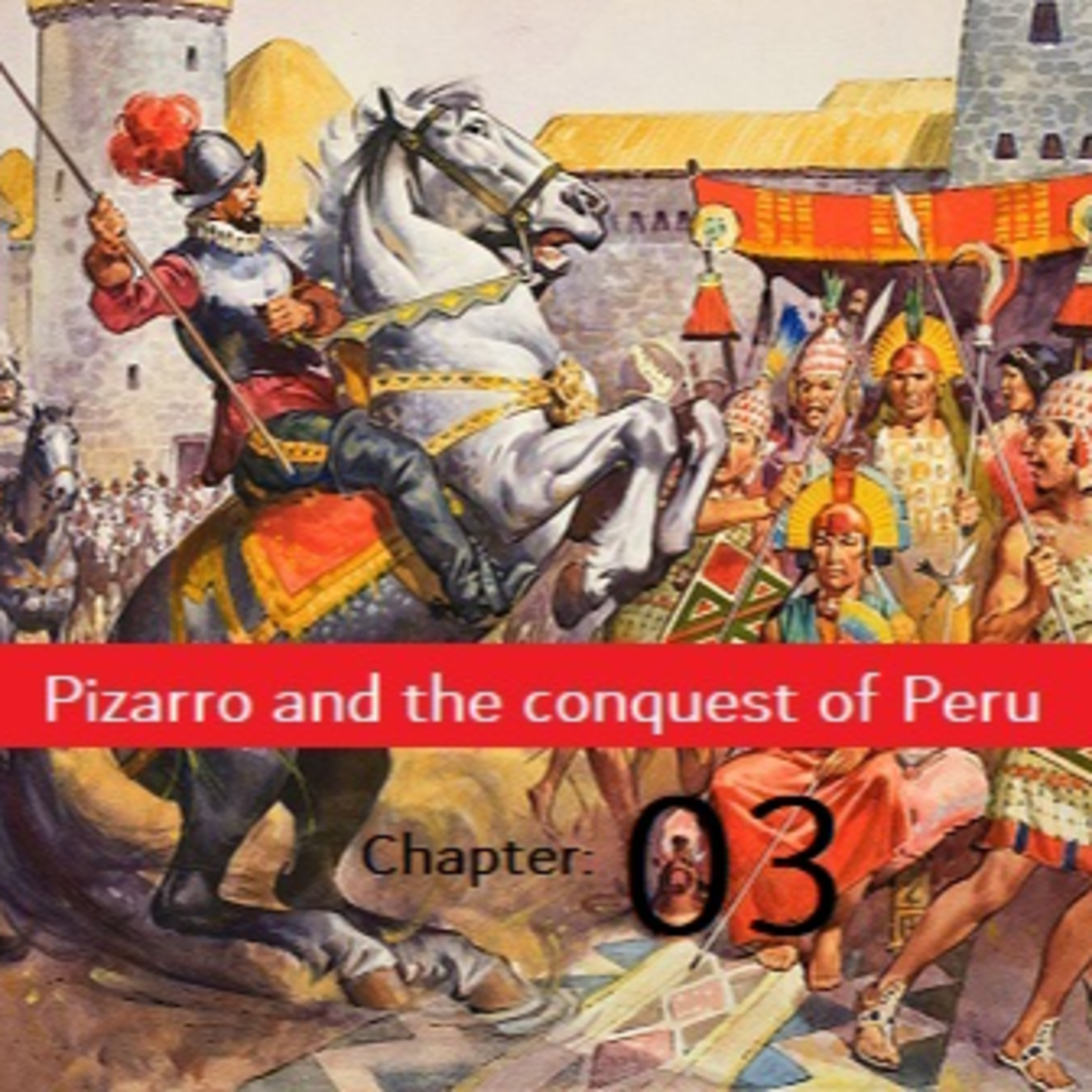
History: Pizarro and the conquest of Peru
By: Frederick A. Ober
Chapter 03
SAILING THE UNKNOWN SEA 1524
WHAT were the thoughts of Pizarro, as he gazed upon Balboa’s gory trunk and beheld the head of that once-valiant commander roll to the ground? If his sluggish brain conceived any ideas at all, the thought which was uppermost must have related in some way to the removal of a rival from his path. He may have felt resentful towards Pedrarias for his dastardly act, but he was too politic to show it, and his nature was too debased, his sensibilities too blunt, for him to feel the horror and injustice of it all.
He still did his duty as a soldier, and Pedrarias had no more faithful adherent, thenceforth, than Francisco Pizarro. His behavior during the terrible retreat across the isthmus made by Morales, when, hemmed in by prowling savages, he had again and again charged upon the foe, holding them at bay while his companions effected a temporary escape from death, had commended him to the irascible old governor. He had been virtually the leader of that forlorn expedition, which had rettimed so rich in gold and pearls, yet so decimated by death, and by all he was acknowledged to have been its savior from absolute destruction.
He was the man, of all men then on the isthmus, to take the place made vacant by the death of Balboa; but, though he might have carried on that leader’s work, have manned the brigantines, and sailed southwardly in quest of the shadowy kingdom of which the cacique had informed him, he then had no opportunity. For, though he had displayed great ability as a fighter, he had not given evidence of possessing the qualities that make for supreme command. Perhaps he was too wary to do so, knowing the jealous nature of the governor, and preferred to bide his time—which might come after the removal, by death or otherwise, of Pedrarias. He awaited this event, however, in vain for years. The crafty old man had a strong hold on life, and before he was superseded caused more than Balboa and his companions to lose their heads. He sent Espinosa, the man who had prosecuted Balboa, to refit and man the ships the latter had btiilt and experimentally navigated; but he took the wrong direction, sailing northward instead of southward, and returned without having accomplished anything. In his heart, Pizarro was delighted at this turn of affairs, but he dared not voice his thoughts.
Within two years after the execution of Balboa, or in 1519, Pedrarias removed the seat of government across the isthmus to Panama, and, after various excursions of a military character for his master into Nicaragua, Pizarro settled down to the life of a cattle farmer. He had won distinction as a conquistadorf having then been ten years engaged in fighting Indians, founding colonies, and, to the best of his ability, serving his king. That he had also served himself, and had acctimulated quite a fortune from his years of toil and hardship, is nothing to his discredit. In truth, it is rather strange than otherwise that he should have saved anything at all, since the Spanish adventurers were thriftless, given to gambling, and reckless of the future. Perhaps, however, Pizarro was a better gambler, as well as more provident, than the others.

